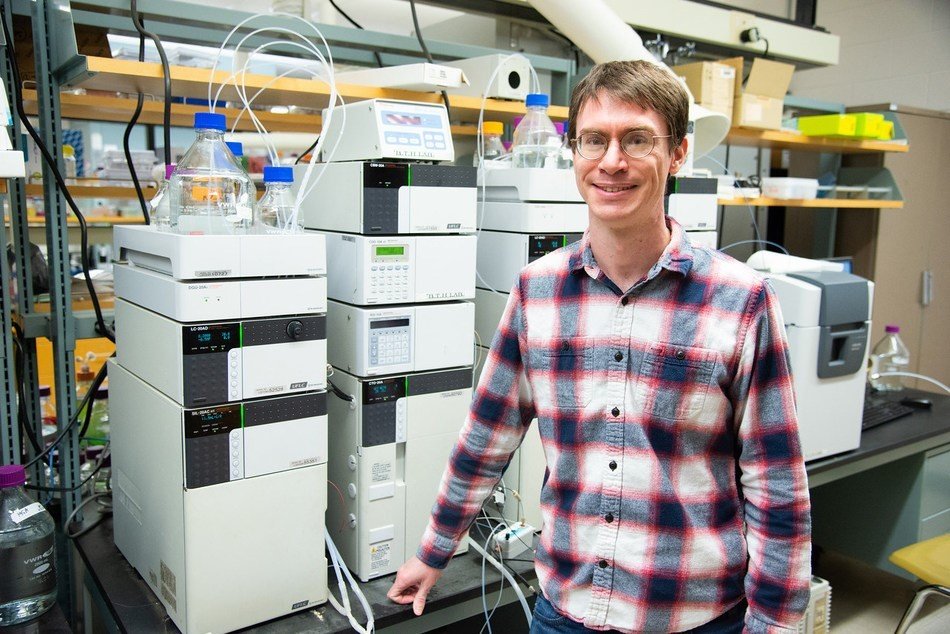Saturday, 21 February 2026

As fresh water supplies become increasingly limited and the world’s population continues to grow, US based Auburn University College of Agriculture researchers are working on ways to find and utilize alternative water resources for irrigating crops. “One proven source that can meet this demand is wastewater,” said Brendan Higgins, assistant professor in the Department of Biosystems Engineering.
Higgins is leading a research team that has received a four-year $499,577 grant from the National Institute of Food and Agriculture, or NIFA, to study the possibility of using poultry processing wastewater for irrigating in controlled-environment agriculture.
The first challenge, he said, is that nutrients in the wastewater should be in the appropriate form for stable crop production. Secondly, the crops irrigated with wastewater must be free of pathogens, and, lastly, the negative effects of antimicrobial chemicals in the poultry wastewater must be mitigated.
Researchers will meet the project’s goal by engaging in four major research activities:
The Auburn project will be located at the College of Agriculture’s Charles C Miller Jr Poultry Research and Education Center.
While the research project will be focusing on growing lettuce, Higgins sees the potential for using wastewater on a variety of crops.